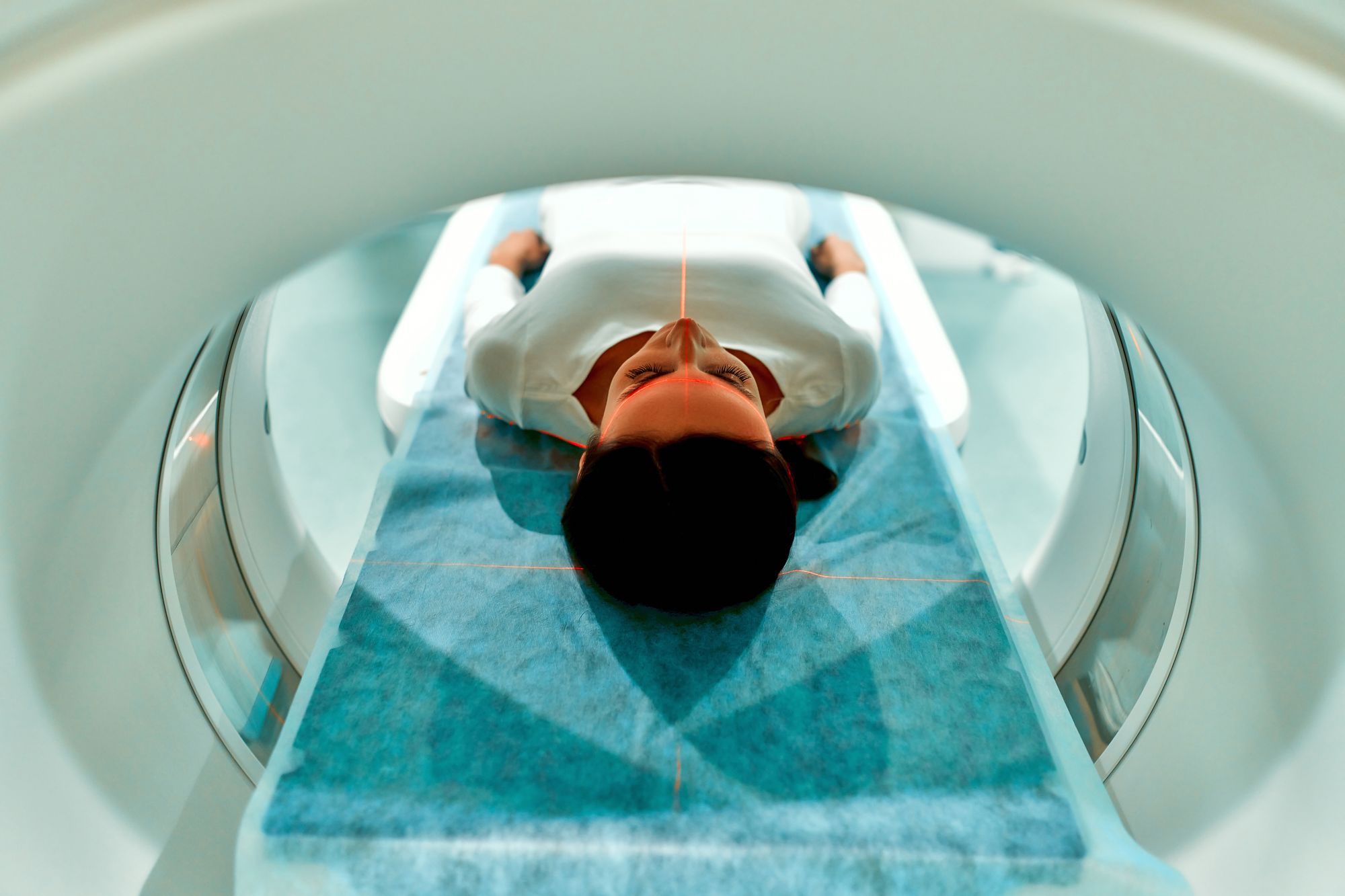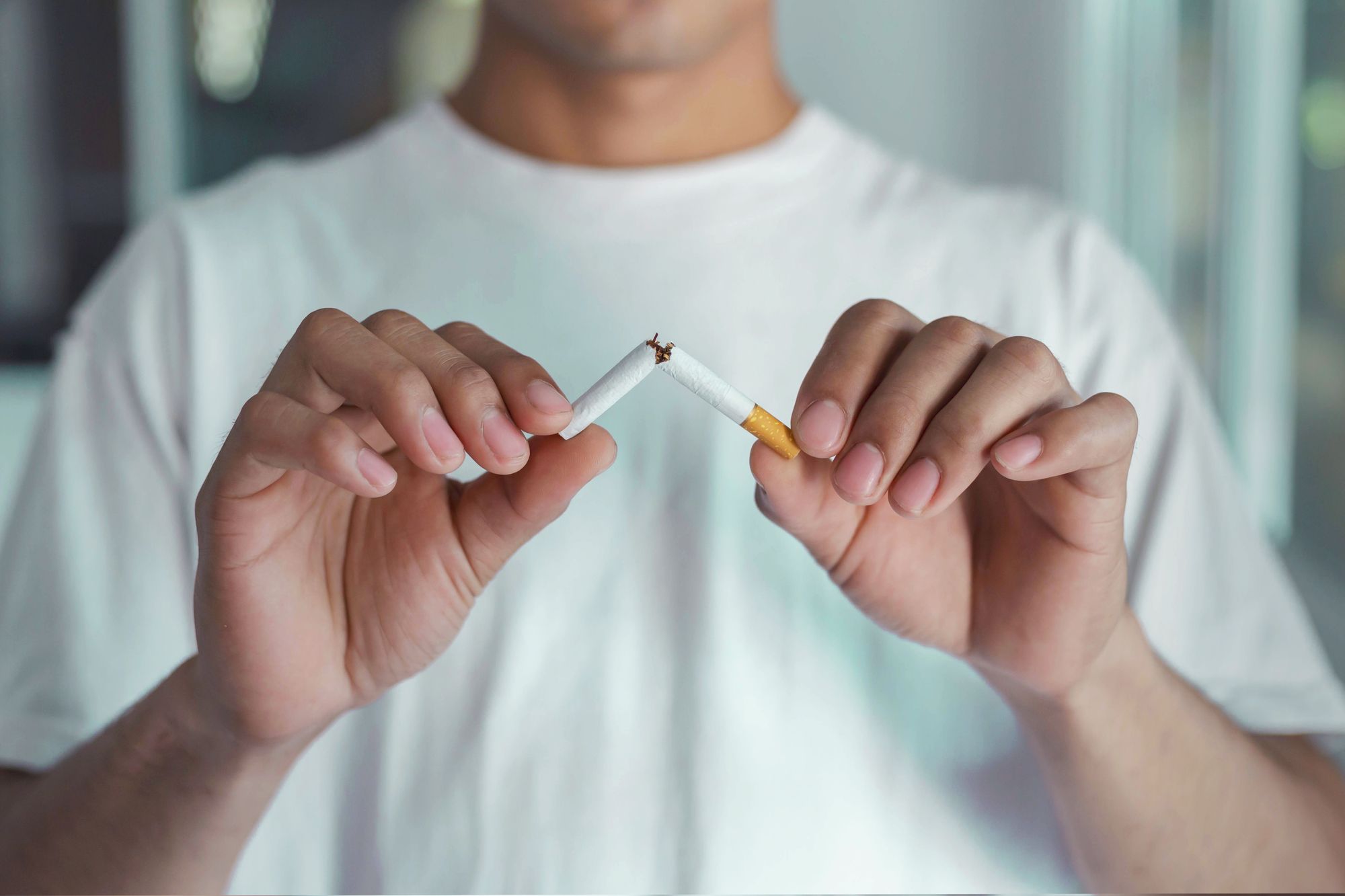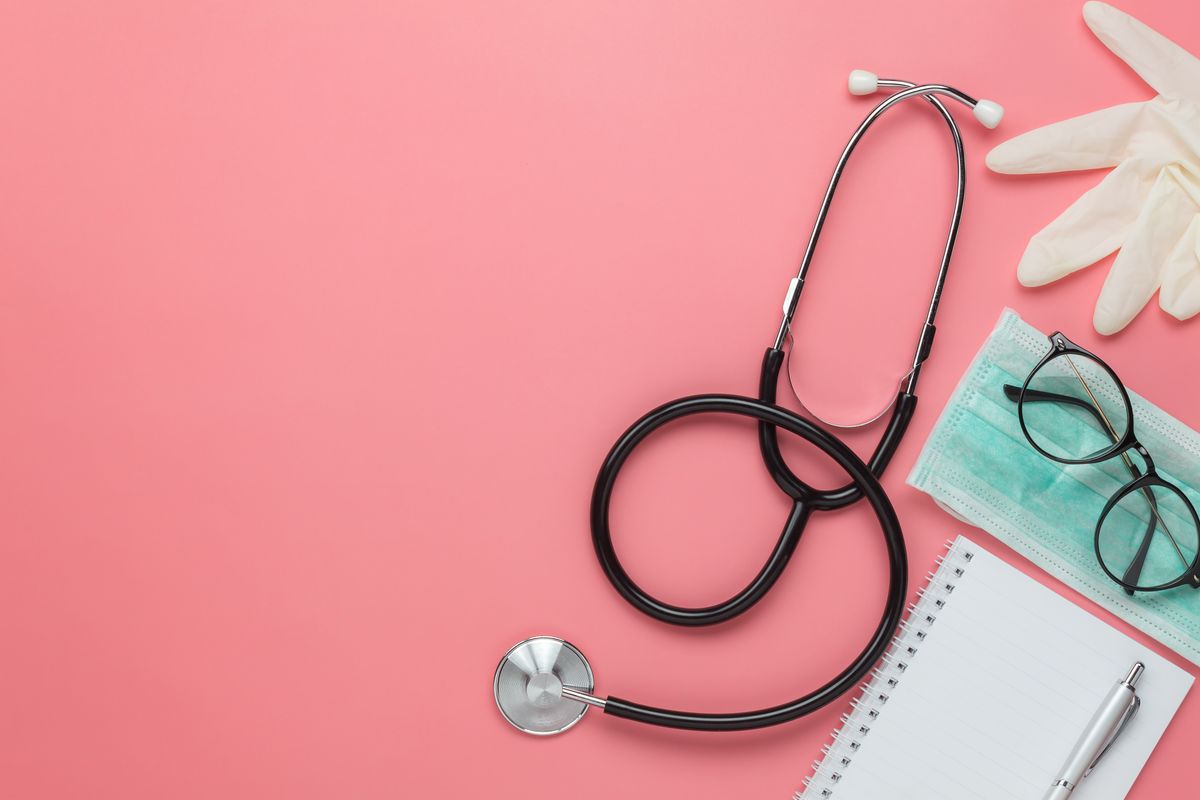Although cancer remains the second leading cause of death in the United States after heart disease, it is no longer a death sentence in many cases due to advancements in early detection and treatments. With over 100 different types of cancer, there is no guaranteed way to prevent the disease, but making certain lifestyle choices and taking preventive measures can significantly reduce the risk. To assist in this effort, Eat This, Not That! Health has consulted with Dr. Bayo Curry-Winchell, Urgent Care Medical Director and Physician at Carbon Health and Saint Mary's Hospital, who offers five suggestions to help reduce the likelihood of cancer.
1) Advances in Treatment and Technology for Improved Cancer Detection and Prevention

Dr. Curry-Winchell emphasizes the significance of early detection in saving lives. She suggests taking advantage of technology such as cancer screenings, including the Multi-Cancer Early Detection Test, which can aid in identifying cancer early, potentially decreasing the risk of mortality. Additionally, there are now more treatment options available, including medications that target cancer directly rather than harming healthy cells. This is a significant breakthrough since healthy cells aid in fighting off other infections, reducing health complications that could disrupt or worsen one's health while undergoing treatment.
2) Understanding Your Family's Medical History
Dr. Curry-Winchell suggests that if there is a history of cancer in your family, you should inform your healthcare provider. Being aware of such information can help determine if you are at risk of developing cancer. Your provider can discuss your eligibility for cancer screenings and tests to help with early detection and prevention.
3) Know Your Statistics

Dr. Curry-Winchell highlights that certain populations have a higher incidence of certain cancers, and it is crucial to understand the risks and reasons behind this. This can be attributed to factors such as limited access to healthcare, poor health literacy, and distrust in the healthcare system. It is essential to be aware of these risks and advocate for your own health to ensure you receive proper care and screening.
4) Reduce Your Alcohol Consumption for Better Health
Dr. Curry-Winchell advises that consuming alcohol in moderation or abstaining from it can significantly reduce the risk of cancer. Drinking alcoholic beverages can increase the likelihood of developing cancer in several ways. It can impact hormones like estrogen, which is responsible for cell growth. More cell growth increases the chances of errors within a cell, leading to cancer. Additionally, alcohol can affect your body's ability to absorb nutrients, including vitamins A, D, E, and K, which offer protection against cancer. Ethanol, a component found in alcohol, breaks down into a carcinogen, a substance that has the potential to cause cancer.
5) Add More Natural Foods

Dr. Curry-Winchell suggests that there is some truth to the saying, "you are what you eat." Certain foods can decrease the risk of developing cancer. It is advisable to avoid or limit the consumption of processed meats like sausage and bacon, as well as foods that have high levels of sugar and carbohydrates, which are commonly found in baked goods.
6) Stop Smoking

Dr. Curry-Winchell emphasizes that smoking introduces harmful chemicals into the lungs, causing damage to cells, including those that protect against cancer. It is no surprise that smoking is the primary cause of lung cancer.

